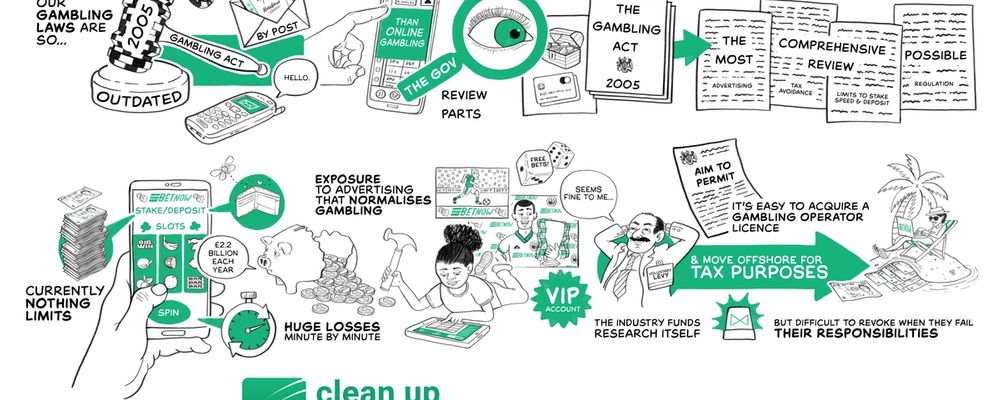
Farce of gambling addiction treatment and research funding exposed

Matt Zarb-Cousin
24/06/2020
Gambling firms are required to donate a small percentage of their profits to research, prevention and treatment services as a condition of their operating license.
But back in 2009, the Gambling Commission decided it was a bad idea for the gambling industry to commission treatment services and research into itself - for obvious reasons!
So it introduced a "tripartite structure" - where three organisations would be established: one for commissioning, one for collecting funds and one for setting the strategic direction (the Responsible Gambling Strategy Board, appointed by the Gambling Commission).
The fundraising body, Gambling Research Education and Treatment (GREaT), was an industry charity responsible for raising the funds that would be handed over to the Responsible Gambling Fund (RGF), which would commission research and treatment, independent of industry.
However, in 2011 the RGF cancelled its funding arrangement with GREaT as it was "unable to operate with a degree of independence", arguing that a conflict arose from the gambling industry wanting more involvement in how money raised by GREaT should be spent.
Five of RGF's trustees subsequently resigned because the lack of independence from industry meant they would "not be complying with charity law". As a result of this GREaT, the industry charity, took over commissioning - the very situation the Gambling Commission wanted to avoid!
They called this new entity the Responsible Gambling Trust, and a majority of its trustees were either gambling industry chief executives or representatives.
Fast forward to 2020, and the Responsible Gambling Trust has since been rebranded as GambleAware. Gambling industry trustees have departed, but the charity is still dependent on contributions given voluntarily by gambling operators.
This situation was thought to be untenable, which is why last year there were growing demands in government for a mandatory levy administered independent of the gambling industry.
The compromise, endorsed by DCMS, was the so-called "big 5" online gambing firms were going to increase their contributions and guarantee long-term funding to a new, independent charity established by Lord Chadlington called Action against Gambling Harms (AGH).
But almost a year on from when it was first announced, the Guardian has reported that gambling operators have now reneged on that agreement, opting to instead divert funding to... GambleAware!
The gambling industry should not be able to choose which organisations receive funding, or how much they give. The current system, overseen by the Gambling Commission, undermines the independence of organisations commissioning research and treatment.
The government can resolve this chaos by enacting a statutory levy to pay for research and treatment, calculated on the basis of need.
Funds should be administered by the NHS, and research should be commissioned by independent councils, such as UK Research and Innovation, or the National Institute for Health Research - as more than 40 experts and academics called for in an open letter to DCMS and the Department of Health and Social Care this week.
Let's hope the government cleans this mess up in its forthcoming gambling review!
Copyright © 2020 Clean Up Gambling.